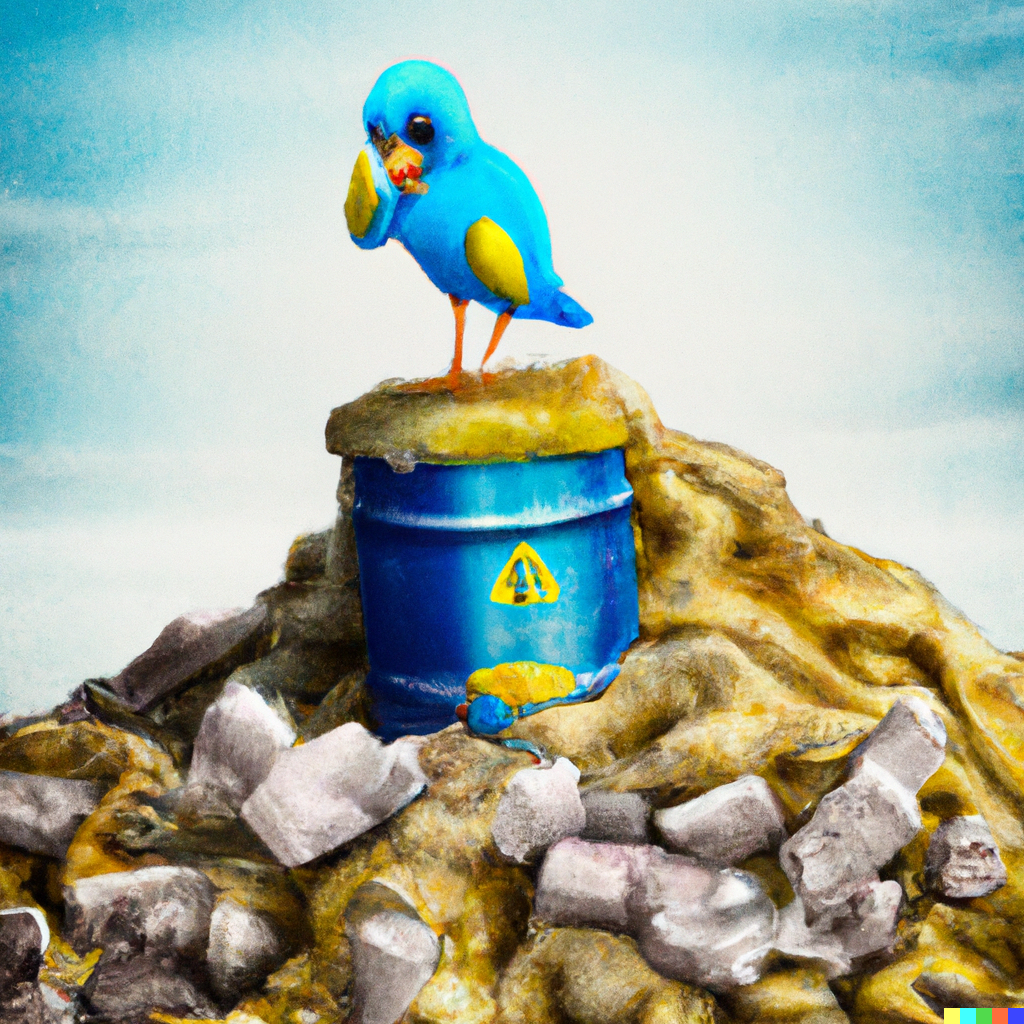Yes, it really happened: Elon Musk, the world's richest man, bought himself a new toy: Twitter. Forty-four billion dollars for a platform that never has been profitable. Suddenly, he became the new boss of 7500 employees globally.
Now, he's going to axe 50% of them in the worst way possible: via email.

And it sure began on November 4. Here's the email that the employees received in advance:
Team,
In an effort to place Twitter on a healthy path, we will go through the difficult process of reducing our global workforce on Friday. We recognize that this will impact a number of individuals who have made valuable contributions to Twitter, but this action is unfortunately necessary to ensure the company's success moving forward.
Given the nature of our distributed workforce and our desire to inform impacted individuals as quickly as possible, communications for this process will take place via email. By 9AM PST on Friday Nov. 4th, everyone will receive an individual email with the subject line: Your Role at Twitter. Please check your email, including your spam folder.
If your employment is not impacted, you will receive a notification via your Twitter email.
If your employment is impacted, you will receive a notification with next steps via your personal email.
If you do not receive an email from twitter-hr@ by 5PM PST on Friday Nov. 4th, please email xxxxxxxx.
To help ensure the safety of each employee as well as Twitter systems and customer data, our offices will be temporarily closed and all badge access will be suspended. If you are in an office or on your way to an office, please return home.
We acknowledge this is an incredibly challenging experience to go through, whether or not you are impacted. Thank you for continuing to adhere to Twitter policies that prohibit you from discussing confidential company information on social media, with the press or elsewhere.
We are grateful for your contributions to Twitter and for your patience as we move through this process.
Thank you.
Twitter isn't the only tech company that recently announced layoffs. For example, Stripe, the payment solution provider, laid off 14% of its staff. But the way how they communicated was radically different. Here's an excerpt:
Most importantly, while this is definitely not the separation we would have wanted or imagined when we were making hiring decisions, we want everyone that is leaving to know that we care about you as former colleagues and appreciate everything you’ve done for Stripe. In our minds, you are valued alumni. (In service of that, we’re creating alumni.stripe.com email addresses for everyone departing, and we’re going to roll this out to all former employees in the months ahead.)
The situation for every Twitter employee who got the axe today is tragic. But also spare a thought about what the way of communication did to those who remain. Elon Musk makes it crystal clear:
- He doesn't care about you; he cares about the numbers.
- You could be next if the numbers don't satisfy him.
- There's no safety.
From the anonymous accounts we read in the articles published today (and probably shortly), it's evident that the work environment at Twitter is currently dominated by fear and toxicity. It's quite an impressive result for Musk after being only a week in charge.
Zero Empathy
There's no way around it: Twitter does face a business challenge. The company must be profitable and create compelling products and viable business models. However, from the outside, it sure looks like Musk has no clear ideas—besides his ridiculous spitballing with a fee for the blue verification checkmark.
Now, he has created a very hostile, toxic, and unsafe environment at the company.
How inspired might the remaining employees be after these actions? Will they be motivated to come up with great solutions? Or will they play it safe, try to keep their heads down, and not challenge Musk's ideas? I think we know the answer.
No, Elon Musk, which should now be obvious, is not a great example of leadership. He puts numbers before people and shows zero empathy towards his employees.
It's hardly a surprise if we think about how he already acted at Tesla. "Everyone at Tesla is required to spend a minimum of 40 hours in the office per week," he wrote in one of the emails, according to the BBC. "If you don't show up, we will assume you have resigned."
It will take a long time to rebuild internal trust within Twitter. Somehow, however, I doubt Musk is interested in doing so. The problem is that if there's no inner trust, especially if it's so publicly displayed, it's even harder to create general trust towards the company.
I'm pretty sure that the platform I came to love as a source of information, inspiration, and refreshing ideas will suffer severely. People in toxic environments are more likely to experience burnout/depression and get sick. The CDC estimates a cost of $36.4 billion annually because of employees missing work days.
High turnover is another sign of toxic company culture. SHRM estimates: "Over the past five years, the cost of turnover due to workplace culture exceeded $223 billion." So, a toxic environment affects the bottom line as productivity suffers because of less engagement and high turnover.
I'm wondering: How would anybody want to work for Twitter after seeing how Elon Musk handled this mass layoff?


